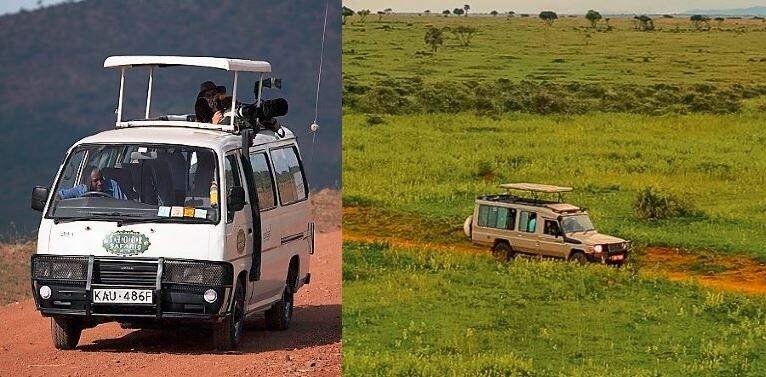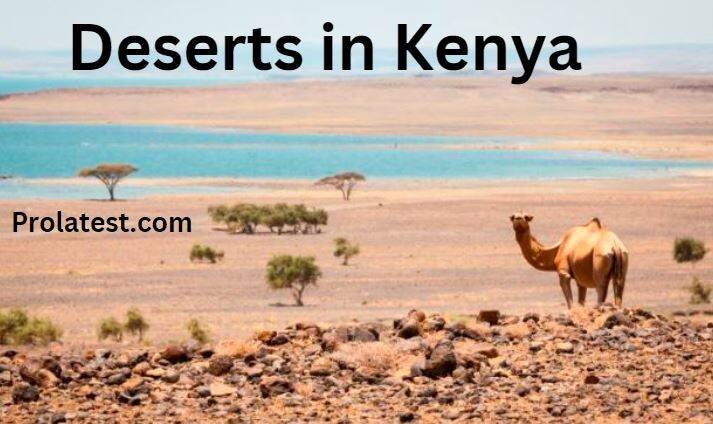Starting a soap-making business in Kenya can be a rewarding and profitable venture. With a growing demand for high-quality, locally-made soap products, this industry offers an excellent opportunity for entrepreneurs. But before you start, you need the right knowledge. This article will help you understand how to start a soap-making business in Kenya.
Materials Needed for Soap Making in Kenya
Soap is made through a process known as saponification, which is the combination of an alkaline material and fat. You can use various types of fats, but each produces different soap properties.
The alkaline materials used for bar soap are sodium hydroxide lye and potassium hydroxide for liquid soap. A combination of both is used to produce gel-like soaps.
You can add fragrance or essential oils to impart scents and colorants for a specific hue. While optional, additives like oatmeal, honey, or herbs can be incorporated to enhance texture and offer skin benefits. For mixing, you’ll need molds to shape your soap and stirring utensils, such as spatulas or wooden spoons.
Also Read: How To Start A Pool Table Business In Kenya
How to Make Soap
Soap is made through 3 processes which include:
Cold Process Soap Making
Ingredients
- 125 g sodium hydroxide
- 284 g coconut oil
- 454g olive oil
- 170 g palm oil
- 350g cold water
- 20 ml essential oils or fragrance
Procedure
- Measure the ingredients.
- Mix lye solution with oils to create soap batter
- Stir continuously until the mixture reaches trace where you can add fragrance oils and colorants
- Pour the soap into molds, and allow it to insulate and harden for a day or two
- Cut into bars and let it cure for 4-7 weeks, ensuring a milder and luxurious soap.
Check Out: How To Start A Butchery Business In Kenya
Hot Process Soap Making
Ingredients
- Castor oil (45g)
- Tamanu oil (45 g)
- Shea butter (45g)
- Olive oil (360g)
- Coconut oil (180g)
- Water 308g
- Sodium hydroxide (131g)
- Tree essential oil (28g)
Procedure
- Measure your ingredients and wear protective equipment
- Melt the oil under a slow cooker and set it to low heat
- As the oil melts add lye to the water (don’t add water to lye as it is unsafe)
- Stir the solution as you continuously add lye. It’ll become hot and may produce fumes. Then let it cool for 15-20 minutes
- When the oil reaches 120-130 F, slowly add the lye while avoiding splashing
- Stir the mixture for 10-15 minutes until it reaches a trace, a stage where the soap mixture thickens and is fully emulsified
- Continue heating the mixture while stirring frequently until it goes through the ‘gel phase and becomes translucent. This can take about an hour
- Turn off the cooker and let the mixture sit until it reaches 175 F then add fragrance, colorants, and other additives.
- Pour the mixture into molds, smoothen the surface using a spatula
- Let it cool and harden then remove the soap from the mold and cut it into bars
Melt-and-Pour Soap Making
Melt-and-pour soap making is a straightforward method where pre-made soap bases are used.
Ingredients
- 2lbs melt and pour base. You can use goat milk base, coconut milk base, honey milk base, or shea butter base.
- 6g lavender essential oil or any fragrance of your choice
- 1 ¼ tsp of activated charcoal
Procedure
- Cut the melt and pour the base into small even pieces
- Heat the soap base in a slow cooker or microwave until it’s fully melted
- Stir in fragrances, essential oils, colorants, and any other desired additives
- Pour the mixture into molds
- Let the soap cool and set for a few hours
- When cooled, unmold and it’s ready for use
Cost of Starting a Soap-Making Business in Kenya
The cost of soap making business in Kenya depends on its size. Large to medium businesses need approximately Ksh 200,000 to purchase a soap-making machine. If you don’t have enough capital, you can start manual soap making with as low as Ksh 10,000 and increase as your customer base expands.
How to Thrive in Soap Making Business in Kenya
Developing a Niche
To differentiate yourself in the market, Research and identify a unique selling point for your soaps, such as using organic ingredients or catering to specific skin types.
Legal Requirements
Here is what you need for your soap business in Kenya to be legally compliant:
- Company registration: You should register the business as a company, partnership, or sole proprietorship. You can begin by registering the business name online through the eCitizen portal. This process costs Ksh. 1,000 and takes 5 days where you’ll be presented with a business name certificate.
- City council business permit: to operate a business in any county in Kenya you need a city council business permit. The cost depends on the size of your business and the industry you cover. The cost for most medium-sized businesses is Ksh. 10,000 per year.
- Health permit: soap is a product that can affect human health and therefore you need a health permit. Health officials in your county will visit your business premises and if you adhere to the requirements you’ll receive a health permit. This process takes about a week.
Identifying Your Target Customers
Understand their preferences and needs to tailor your products to their tastes, whether natural soaps for eco-conscious consumers or specialty soaps for specific skin concerns. This helps you get into a competitive market easily.
Marketing
Create an online presence through social media and a professional website. Utilize local markets and craft fairs to showcase your products. Offer promotions and incentives to attract your initial customers and encourage word-of-mouth referrals.







